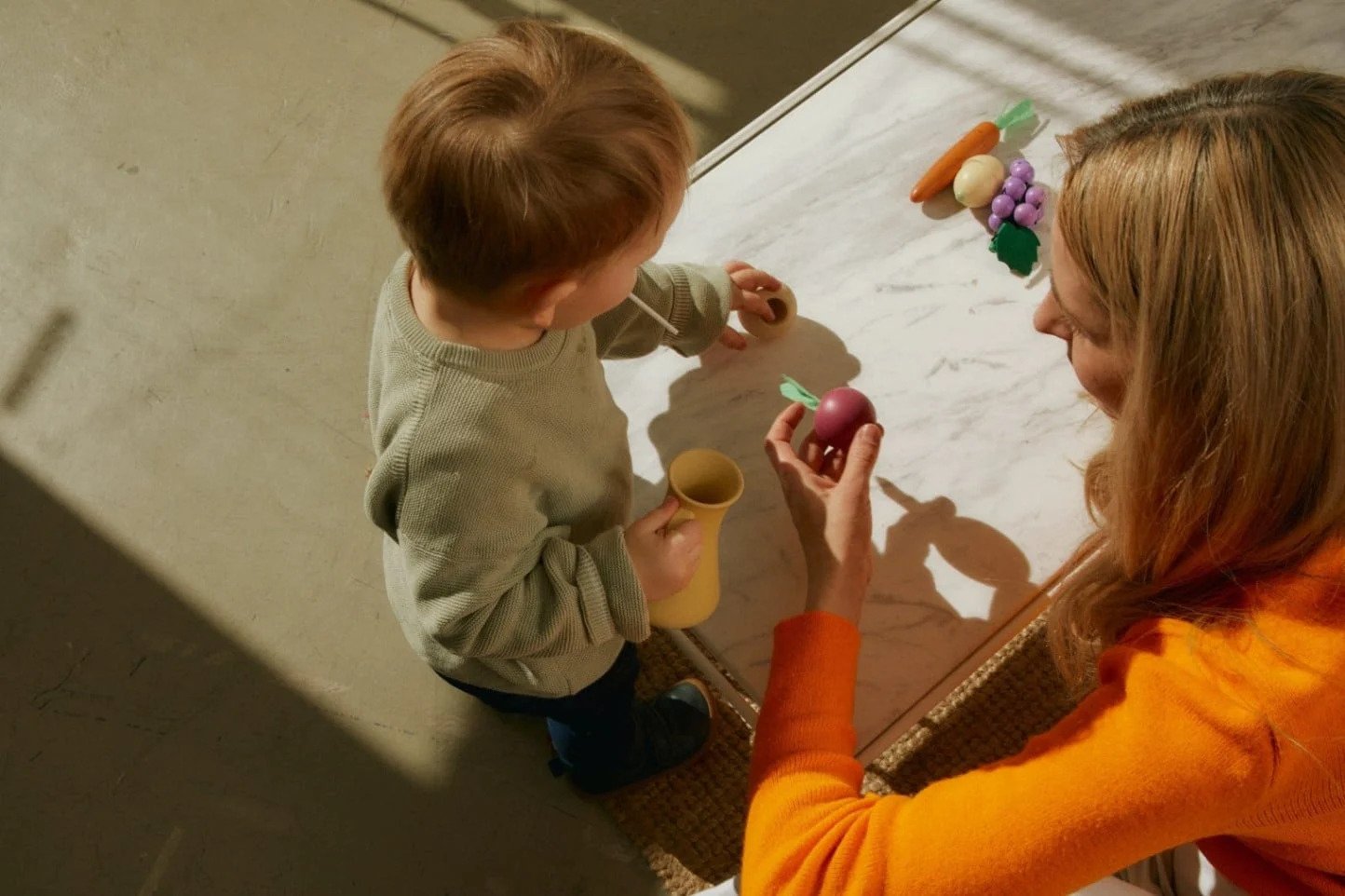When you first realise your child might be experiencing the world a little differently, there’s no manual that tells you what to do. Maybe it’s a missed milestone, a habit that seems unusual, or just a quiet feeling that something needs attention. Whatever brings you to that moment—it’s okay. You’re not alone, even if it feels like it at times.
Many families across the UAE have stood exactly where you’re standing now, unsure of what to do next but ready to try. And what more and more parents are learning is that early support can make things feel a little lighter—for their children and for themselves. It’s one of the reasons they start looking into the Best Autism Treatment Center in the UAE—not with panic, but with quiet hope.
Why Early Support Matters So Much
In those first few years, children are learning constantly. Not just ABCs or how to stack blocks—but how to feel safe, how to trust, how to connect. Their brains are still wiring themselves together, soaking in everything from the way someone says their name to how light filters through a room.
For kids with autism, this stage can be extra delicate. New situations might feel overwhelming. Words might not come easily. But that’s where the right kind of early help can make a real difference. A thoughtful early intervention program in Dubai isn’t about fast-tracking milestones—it’s about meeting your child where they are, gently encouraging connection, and giving them tools to engage with the world in a way that feels okay for them.
Therapy That Feels Safe, Not Scary
If you’re imagining therapy as something stiff or clinical, it might help to picture this instead: a therapist sitting on the floor with your child, playing with soft toys, singing quietly, or joining in a favourite game. In a good program, therapy looks and feels like play.
That’s because the best early intervention programs in Dubai understand that children open up when they feel calm and safe. Through those small, playful moments, kids begin to build trust. They might learn to take turns. They might start recognising facial expressions. Or they might just feel less anxious being around new people. None of it is rushed. The pace is gentle—because that’s what real growth needs.
You’re Not Just Watching—You’re In It Too
One thing many parents don’t expect is how involved they become. The an Autism Treatment Center isn’t just focused on children—it supports families too. You’ll be invited to sit in on sessions, ask questions, and learn how to help your child at home.
You’ll pick up little things, like how to prepare your child for a change in routine, or how to recognise when they’re overwhelmed before a meltdown happens. You’ll learn that your instincts are valuable, even when things feel hard. And little by little, the confidence grows—not just in your child, but in you too.
Finding Places That Just Get It
Some spaces feel different the moment you walk in. They’re quieter. Slower. The people don’t rush to talk over your child or hand you a brochure—they take their time. They listen. They notice.
That’s what many families say about Sanad Village. It’s not flashy. But it has a warmth that’s hard to put into words. The team there doesn’t try to fit children into boxes. Instead, they focus on giving each child space to explore, settle, and build trust. Parents talk about feeling heard—not just in meetings, but in the small everyday moments that really matter.
What Progress Really Looks Like
If you’re hoping for clear signs that things are working, you might be surprised at what counts as progress. Sometimes it’s a new word. Other times, it’s a meltdown that ends sooner than usual. Or a child sitting through an entire storybook for the first time.
The truth is, no one path looks the same. And that’s okay. What matters is that your child feels more connected, more understood, and a little more comfortable in their own skin. A good early intervention program in Dubai will help you see those moments for what they are—quiet victories worth celebrating.
If You’re Still Figuring Things Out, That’s Okay
There’s no perfect way to do this. No checklist that guarantees things will go smoothly. But if you’re here—reading, thinking, wondering—it means you care. And that care is already something your child feels, even if they can’t say it out loud.
You don’t have to have all the answers. Most of us don’t. All you need is to take one step, then another. Ask the question. Visit the center. Join the group. Say, “I need help.” That’s where things begin to shift.
And over time—slowly, quietly—you’ll start to see your child responding in their own way. A look. A laugh. A hand reaching out. And you’ll know: this is working. We’re okay.
 Online Clock
Online Clock